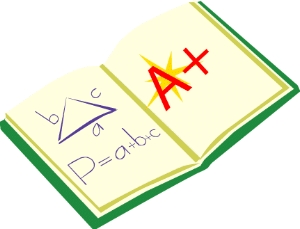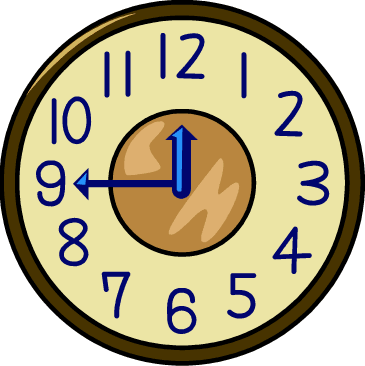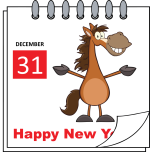ESL School Reading
This page has an ESL school reading passage and questions so you can test you understanding of the school vocabulary when it is used in a written passage. As this is a reading task you can take as much time as you need to understand it and then answer the questions.

When doing a reading task you have plenty of time to make sure you can understand as much of the vocabulary as possible. This means that you can stop and look for the meanings of words you do not understand. This is good as it means you are able to fully understand the text. If you need any help with this ESL school reading passage you can use the ESL school vocabulary page to look up the words you do not know.
For the ESL school reading task on this page you should look at the following passage and understand it as well as you can. After that you should try to answer the five questions that follow it. When you have answers to all of the questions you can use the get score button to see how many you got right and what the correct answers should have been.
ESL School Reading Comprehension Passage
Going to School in the UK
In Britain children start school in their fifth year. Some are nearly five whilst others have already reached their fifth birthday. The first class known as reception and, for some children, it is a daunting experience. Five year olds love to be physically active and move around, run, jump and dash about all day. When they are in a group of 20 or more, they have to learn to follow instructions from the adult in charge. Sit down, listen and take turns is an unfamiliar situation.
Once a child has settled into the reception class, the first year is usually a very happy one. Lots of new skills are introduced. Communal activities and socialising with the other children, learning to take turns, these are all part of the first year experience.
As they paint, draw, bake, mould and enjoy sand and water play, they interact with other children and language skills develop. When they have music and movement lessons or activities in a gym, they learn to control their body movements as they stop, balance, roll-over, stretch and step slowly. Children learn to co-operate with others. In music, they have to listen for a rhythm and try to copy it using percussion instruments and join in simple tunes singing the melody.
Sitting down and listening to stories and answering questions about the story are all skills that are introduced and learnt in a child's first year at school.
Breaks in the school day, play times, can be shared with older children who are also playing at the same time. Chasing, catching, hiding, using balls and skipping ropes, falling over and getting back up, all help to get rid of pent-up energy. In some play grounds, lines and numbers are painted on the ground. Children can jump and skip along the lines and into spaces. Sometimes there are climbing frames to explore.
If a child does not go home for a meal at lunch time, the school provides hot and cold food to be eaten in the dining hall. Alternatively, a packed lunch can be brought from home.
In primary schools, the mornings are normally devoted to number work, reading skills and recording. The afternoons are less formal and more creative. Young children love dressing up in costumes and acting out adult situations. They have 'pretend' tea parties, make little cakes from plasticine and pour cups of tea for those involved.
At the end of a busy day, young children are ready to go home with a parent and tell them all about their day at school.
ESL School Reading Comprehension
Reading comprehension questions that go with the above reading passage.
Other Pages about Schools that You Might Like
ESL School Conversations
ESL School Listening
ESL School Vocabulary
ESL School Writing
ESL 4u home › Reading › School


|
|



New! Comments
Have your say about what you just read! Leave me a comment in the box below.